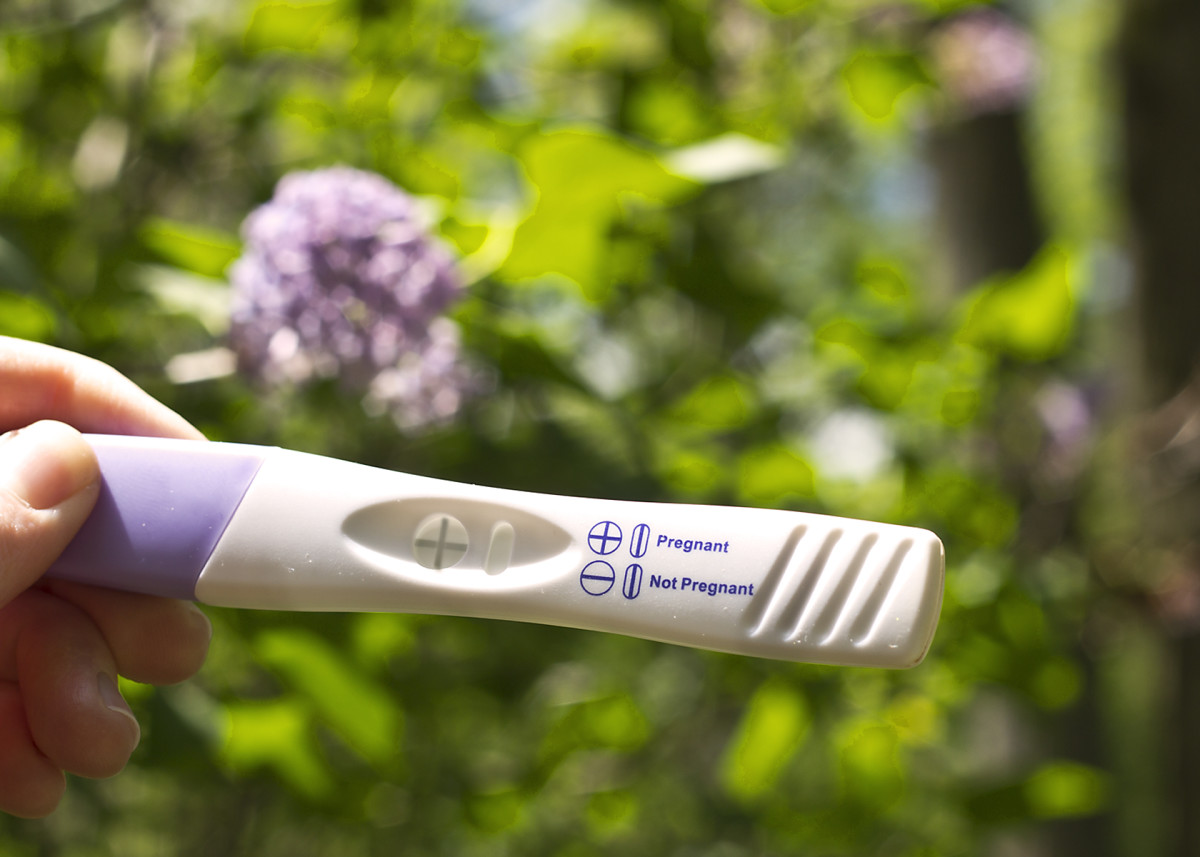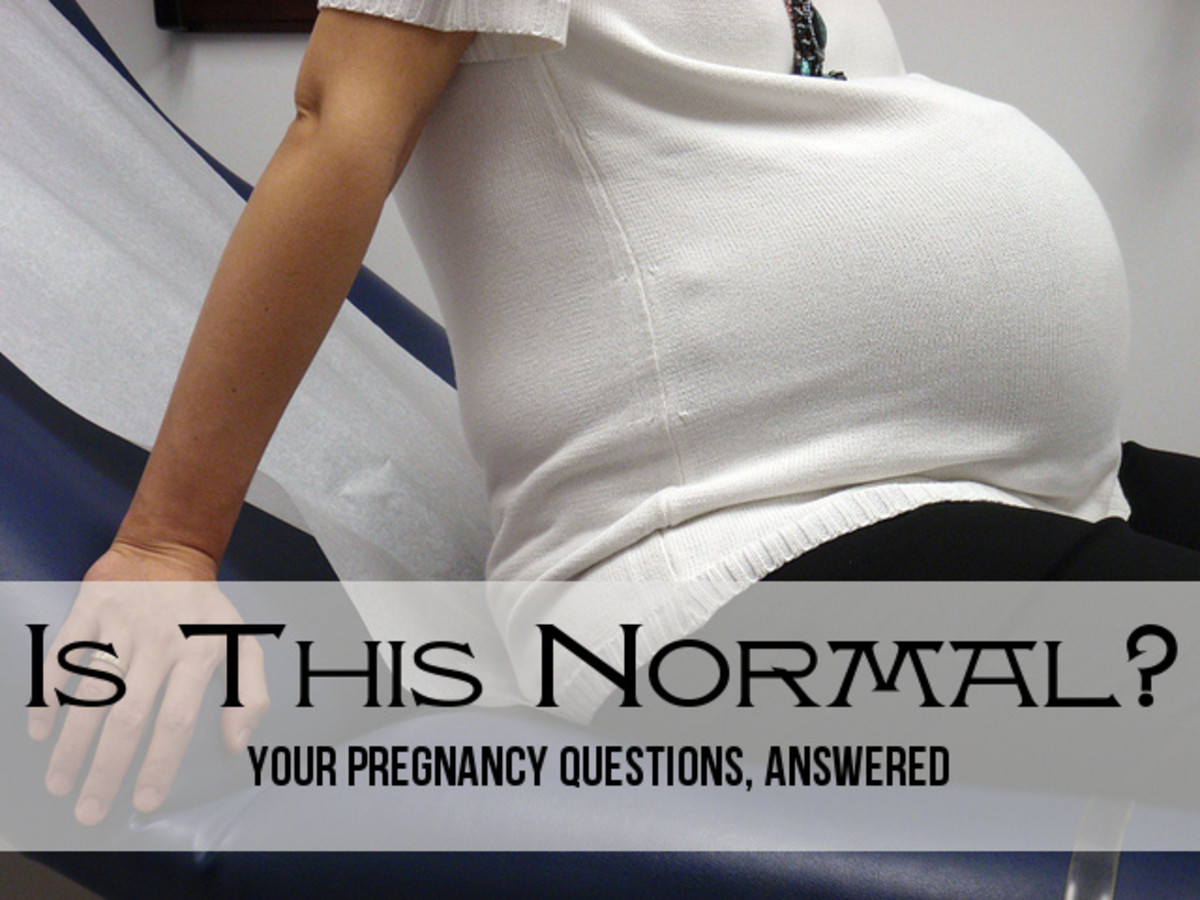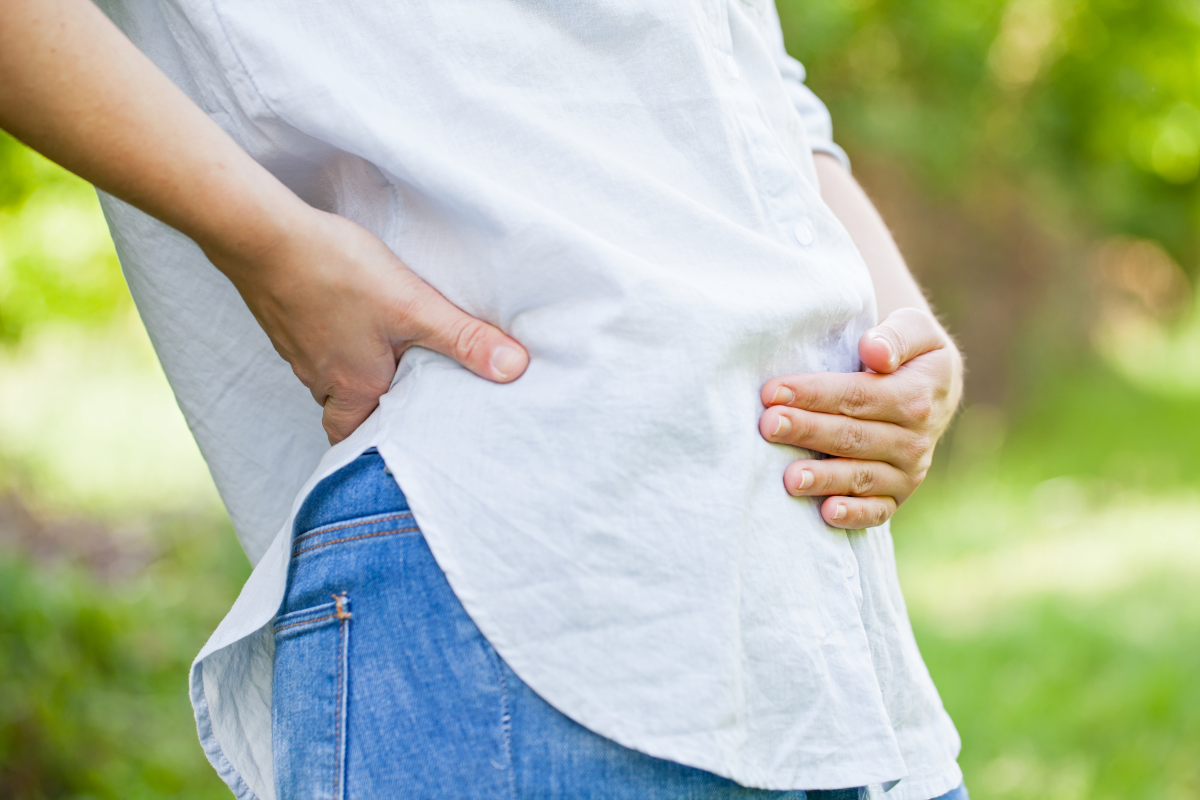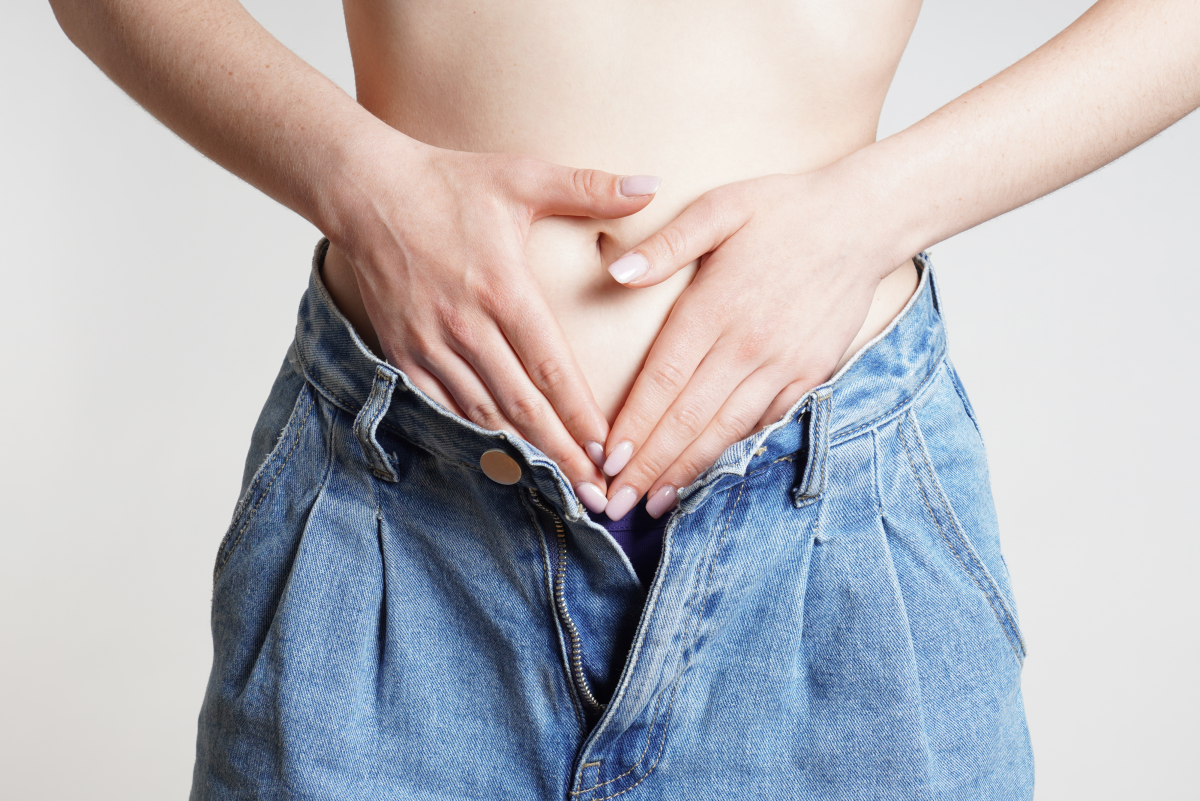Diarrhea During Pregnancy: How to Detect and Treat
Diarrhea is never pleasant, but it can be especially worrisome for pregnant women. While most cases go away on their own, pregnant women can very quickly become dehydrated, endangering both their own health and that of their child.
If you're pregnant and wondering how to treat your case of diarrhea, read on to see whether you have it and how to treat it.
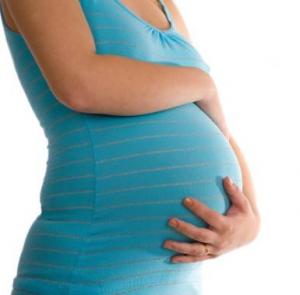
Pregnancy: Diarrhea Symptoms
Diarrhea is characterized by the presence of loose or runny stools three times in a twenty-four hour period. It can be spread by virus or bacteria, so the best way to avoid it is to make sure you wash your hands frequently.
Some women experience diarrhea in late pregnancy. Depending on the cause of diarrhea, other symptoms may or may not occur with it. Other symptoms that may accompany diarrhea include:
- Nausea and vomiting
- Dehydration
- Fever
- Chills
- Headache
- Muscle aches
- Fatigue
- Abdominal cramping or stomach pain
Generally, pregnant women are more likely to experience constipation than diarrhea because of their prenatal vitamins, which contain high levels of iron. Diarrhea during pregnancy should not last very long. If it lasts for longer than 2 days, call your doctor right away. Sometimes, diarrhea can be an indication of premature labor.
If you're pregnant and experience any of the following symptoms, you should call your doctor immediately:
- Diarrhea persists for 2 days or longer.
- Diarrhea accompanied by fever and vomitting.
- Stools containing blood.
- Severe abdominal pain.
- No urination for more than 5 hours.
Diarrhea During Pregnancy: Causes and Treatment
- Bacterial infections: several types of bacteria consumed through contaminated food and water can cause diarrhea.
- Viruses: rotavirus and Cyptomegalovirus are two common culprits.
- Parasites: they enter the body through foods and water and settle in the digestive system. Some of the parasites that cause diarrhea include Giardia lamblia, Cryptosporidium, and Entamoeba histolytica.
- Medication: blood pressure medications, antacids containing magnesium, and antibiotics can cause all be responsible for upsetting the digestive system.
- Diet: Diarrhea can be caused by an increase in the intake of water and/or of foods that have high water content (such as fruits and vegetables). Once they discover they're pregnant, many women change their diet to make sure the baby is getting the right nutrition. These sudden changes in diet could potentially cause diarrhea as well.
Other causes include lactose intolerance, stomach flu, and food poisoning.
How to Treat Diarrhea During Pregnancy
The best way to get rid of diarrhea is to drink plenty of water and fluids to prevent dehydration. You can take oral dehydration solution like Pedialyte to replace the body fluids that are lost during diarrhea. Follow the following diet plan for diarrhea during pregnancy.
The BRAT Diet

Tip: Remember the BRAT diet during diarrhea.
This diet is often recommended because of how easy these foods are on the digestive tract.
Diet Plan for Pregnant Women
- Take oral rehydration solution for 4-5 hours. The best type of drink is a mixture of salt and sugar in water. Avoid unhealthy drinks like sodas and soft drinks.
- You can take foods such as toast, crackers, applesauce, rice, mashed potatoes, pretzels, noodles, bananas, cooked carrots, cooked squash, rice krispies, cheerios, and oatmeal.
- Yogurt is the one dairy product you can eat. Yogurt is good for you because it contains probiotics: the good kind of bacteria that helps with digestion. Otherwise, avoid dairy products.
- No oils or butter.
- No spicy foods, dried fruits, or sauces.
When I had diarrhea during my pregnancy, my doctor recommended Imodium, which completely stopped the symptoms. Always ask your health care provider before taking it.
Pregnant women should also avoid any medication that contain sodium or sodium bicarbonate.

